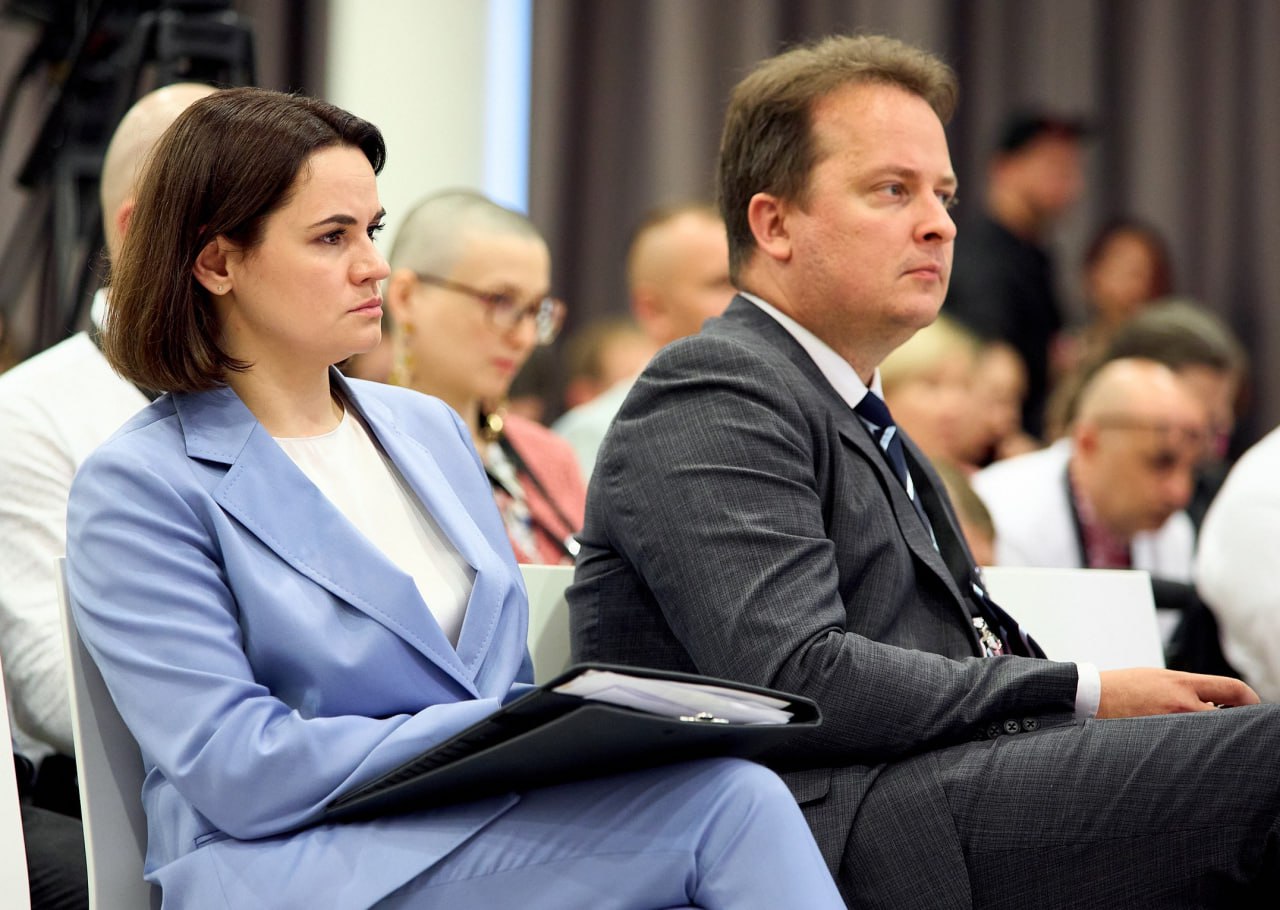Online services for vulnerable groups and political prisoners, narrowing the agenda of the democratic forces
 The situation has not changed
The situation has not changed

Democratic forces are currently concentrating on unifying those who have faced repression and individuals who support European integration, all while maintaining open channels of communication with Western partners. However, this focus has led to a neglect of domestic political matters. The United Transitional Cabinet (UTC) has introduced an online service to assist those who have suffered repression and vulnerable segments of society. This initiative helps compensate for the dismantling of public organizations within Belarus by Lukashenka’s regime.
The UTC is taking steps to rally opposition to Lukashenka’s regime and provide support to those who have been victimized by political repression. The Cabinet is launching the “One Window” online service, initially for individuals who have been targeted for political reasons in Belarus, and plans to extend its support to various socially vulnerable groups in society. The “One Window” service includes contact information for 231 public organizations.
Sviatlana Tsikhanouskaya’s cabinet is continuing its efforts to unite the pro-European audience. Concurrently, representatives of the democratic forces are advocating for the idea of European integration for Belarus at various levels. After a political forum in Germany, Ursula von der Leyen, the head of the European Commission, expressed her support for the Belarusian democratic forces and Tsikhanouskaya.
The democrats are growing concerned about Lukashenka’s regime attempting to reestablish connections with Western capitals, thereby gradually sidelining the Belarusian-European agenda that civil society has pushed for. Tsikhanouskaya, the leader of democratic Belarus, has urged Europe not to engage in agreements with Lukashenka.
Demsila successfully defends the interests of Belarusians when communicating with the Latvian government. Following a meeting with representatives of Tsikhanouskaya’s cabinet, the Latvian Seimas decided to remove cars with Belarusian license plates from their “black list.”
Despite a decrease in public opinion favoring Belarusians in Lithuania, the democrats maintain effective communication with Lithuanian leadership. Tsikhanouskaya met with Lithuania’s Prime Minister, Ingrid Šimonytė, to discuss simplifying the legalization process for Belarusians. This collaboration with Lithuanian authorities has led to maintaining different approaches for Belarusians and Russians, extending the duration of residence permits for Belarusians from one to three years, broadening passport issuance to foreigners, and preserving passenger traffic.
Activists from disbanded political parties and public organizations are striving to create a new exile organization to unite the National Democrats. This has given rise to the Belarusian “National Democratic Platform” in exile.
In summary, democratic forces are concentrating their efforts on strengthening ties with European capitals and advocating for European integration in the emerging new Belarus.
Subscribe to our newsletter




Situation in Belarus
Constitutional referendum: main consequences


 Video
Video
How to count the political prisoners: are the new criteria needed?


 Video
Video
Paternalism In Decline, Belarusian Euroscepticism, And The Influence Of Russia


 Video
Video












